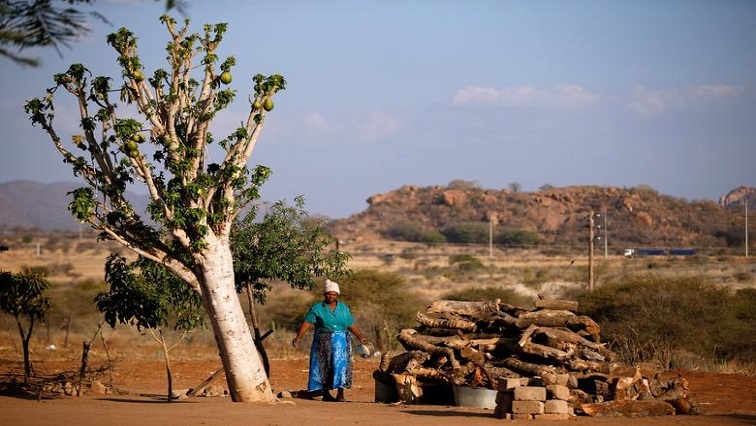The small community of MaNdebele in Mokopane, Limpopo, says they have no reason to celebrate Heritage Day until their language is recognised as an official language. SiNdebele, also called Northern Ndebele, is considered a dialect of IsiNdebele.
The MaNdebele National Organisation, however, says there are distinct differences between the two languages. They fear that their language will die if it is not made an official language and taught at schools soon.
“We want them to know our roots. We want them to know what Ndebeles were wearing back there. Our plea is that we should be treated like all other people and be free to speak our language so that we can teach our language and cultural practices to our children so that we don’t die out … the language does not die out, and the practices don’t die out and the food and the clothing does not die out. Our children must continue to live the way their parents are living,” says a member of the MaNdebele National Organisation.
Siblings Nogodi Gegana-Phela and Madi Gegana have dedicated their lives to ensuring that their language, currently considered a dialect of IsiNdebele, does not die down.
The pair, alongside other MaNdebele people who make up a small community in Mokopane and Zebediela in Limpopo, have founded the MaNdebele National Organisation.
The organisation aims to get the language to be recognised as official, as well as teach the next generation of MaNdebele about their heritage and culture.
Madi Gegana, the secretary of the organisation, says they have on numerous occasions impressed upon government that their history can be traced back to centuries ago, and is not linked to the AmaNdebele nation.
He says the decision to downgrade the status of their language into a dialect was made by the colonial government in the 1800s following a protracted war between the two.
“We are not AmaNdebele. We are MaNdebele. From time immemorial, we have always been speaking SiNdebele, we are Nguni. We came from the main border of Nguni in Natal many, many years ago and we settled in Zebediela first, and then our forefathers came over onto the Mokombane side around 1750, and since that time our forefathers met white people. They fought them. A decision was made to decide our fate by the colonist as a result of our war with the colonist.”
Gegana says the only literature and written documents in the language is dated, with little to no new written documents. He says though most families speak the language with their children, the fact that the children are not taught how to read and write in the language means that this might be the last generation that carries the language forward.
MaNdebele children in the Mokopane area take Sepedi as their first language.
“Our children cannot learn SiNdebele at school. They are still being forced to learn in Sesotho, Northern Sotho. It’s a human right. Linguistic rights are human rights. So, our constitution guarantees human rights; it also guarantees linguistic rights. So, if we are excluded from government recognition, then it means we are not free like other people.”
The Balobedu people in Limpopo are also fighting for their language to be recognised as an official language.


